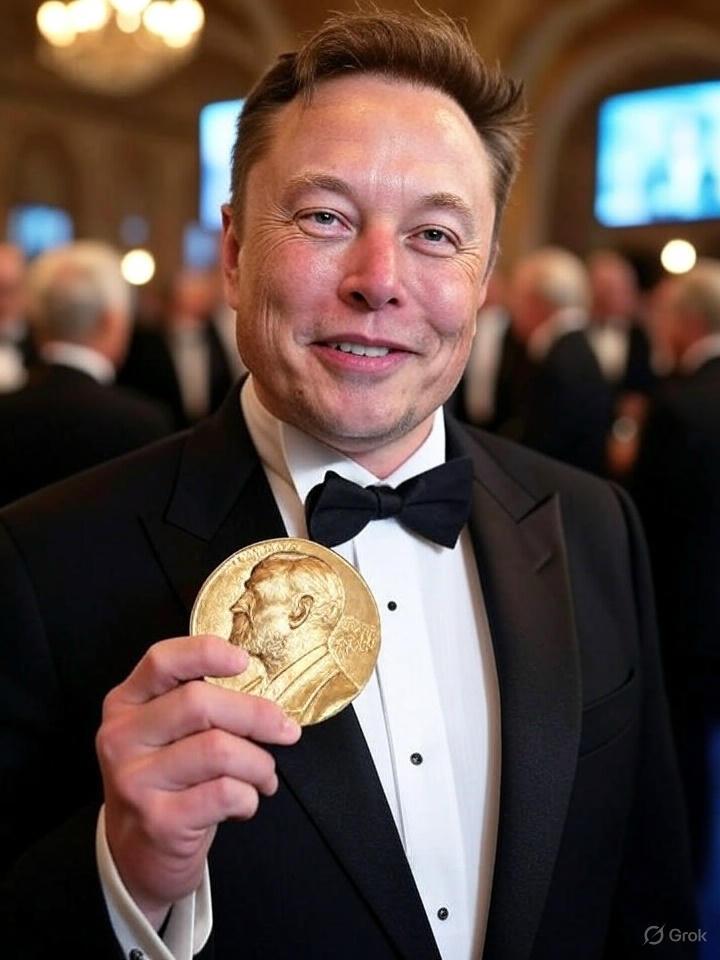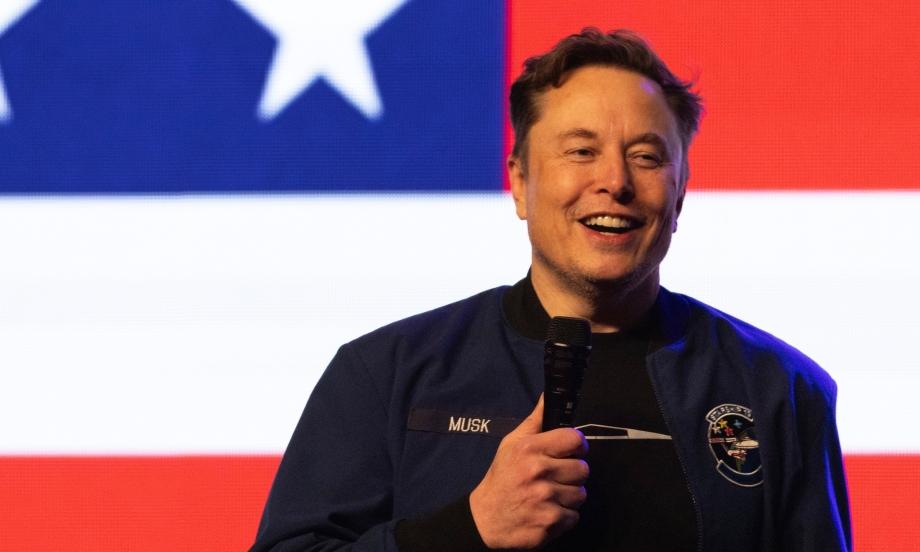In a surprising yet polarizing development, tech visionary and billionaire entrepreneur Elon Musk has been nominated for the 2025 Nobel Peace Prize. The nomination, submitted by Branko Grims, a Slovenian Member of the European Parliament, cites Musk’s steadfast commitment to advancing freedom of speech as a cornerstone for global peace.
This announcement, which surfaced in late January 2025, has sparked widespread debate, with supporters praising Musk’s transformative impact on technology and society, while critics question the validity of his nomination. Regardless of one’s stance, Musk’s inclusion among the nominees for one of the world’s most prestigious awards underscores his outsized influence on the global stage.
Elon Musk, the CEO of Tesla, SpaceX, and X Corp, is no stranger to making headlines. His ventures have redefined industries, from electric vehicles to space exploration, and his acquisition of Twitter (now X) in 2022 has reshaped the landscape of digital communication.
Grims’ nomination highlights Musk’s role in championing free speech, particularly through his efforts to transform X into a platform that prioritizes open dialogue. According to Grims, Musk’s work has fostered an environment where diverse voices can be heard, countering censorship and promoting discourse in an increasingly polarized world. This, Grims argues, aligns with the Nobel Peace Prize’s mission to recognize individuals who advance peace through dialogue and mutual understanding.

Musk’s nomination is not without precedent. In 2024, he was also proposed for the award by Norwegian MP Marius Nilsen for similar reasons, including his defense of free speech and his contributions to global communication infrastructure. Notably, Musk’s Starlink satellite network played a critical role in providing internet access to Ukraine during Russia’s invasion, enabling communication for both civilians and military forces. This act alone was cited by some as a significant contribution to supporting a nation under siege, though it also sparked controversy when Musk reportedly limited Starlink’s use to prevent a Ukrainian drone strike on Russian forces, citing escalation risks.
Beyond free speech and connectivity, Musk’s advocates point to his broader contributions to humanity. Tesla’s push for sustainable energy has accelerated the global transition to electric vehicles, reducing carbon emissions and addressing climate change—a factor some argue aligns with the Nobel’s emphasis on preventing conflict through environmental stewardship. In 2007, Al Gore received the prize for his climate advocacy, and supporters like Grims draw parallels to Musk’s tangible achievements in this arena. SpaceX, meanwhile, has revolutionized space travel, with its reusable rockets and ambitious plans for Mars colonization inspiring hope for humanity’s future beyond Earth. These accomplishments, proponents claim, position Musk as a figure who not only solves present-day challenges but also paves the way for a more peaceful, interconnected future.

However, Musk’s nomination has not been universally celebrated. Critics argue that his approach to free speech on X has been inconsistent, pointing to instances where accounts were suspended or content moderated under his leadership, contradicting his proclaimed absolutist stance. A 2025 Newsweek opinion piece called the nomination “absurd,” citing Musk’s alleged censorship of certain voices and his polarizing political involvement, including his vocal support for controversial figures and policies. Furthermore, incidents like the vandalism of a Tesla showroom in The Hague with anti-Nazi messages in February 2025 reflect the public backlash Musk faces in some quarters, with detractors labeling him a divisive figure rather than a unifier.
Adding fuel to the controversy, Musk himself has publicly dismissed the nomination. In a post on X, he stated, “I don’t want any prizes,” emphasizing that his focus remains on advancing technology and free expression rather than seeking accolades. This rejection mirrors his earlier rejections of formal recognition, a stance some see as a strategic move to maintain his maverick persona, while others view it as genuine disinterest in external validation. Regardless, the nomination process is rigorous, with the Norwegian Nobel Committee evaluating hundreds of candidates annually. Musk’s name will undergo scrutiny alongside others until the final selection in October 2025.
The debate surrounding Musk’s nomination reflects broader societal tensions about the role of technology, free speech, and influential figures in shaping global peace. Supporters see him as a visionary breaking down barriers to communication and environmental degradation, while critics view his actions as self-serving or destabilizing. As the world awaits the Nobel Committee’s decision, one thing is clear: Elon Musk’s impact—whether through electric cars, space exploration, or digital platforms—continues to provoke, inspire, and challenge the status quo. Whether he wins the prize or not, his nomination has already cemented his place in the global conversation about what it means to strive for peace in the modern era.